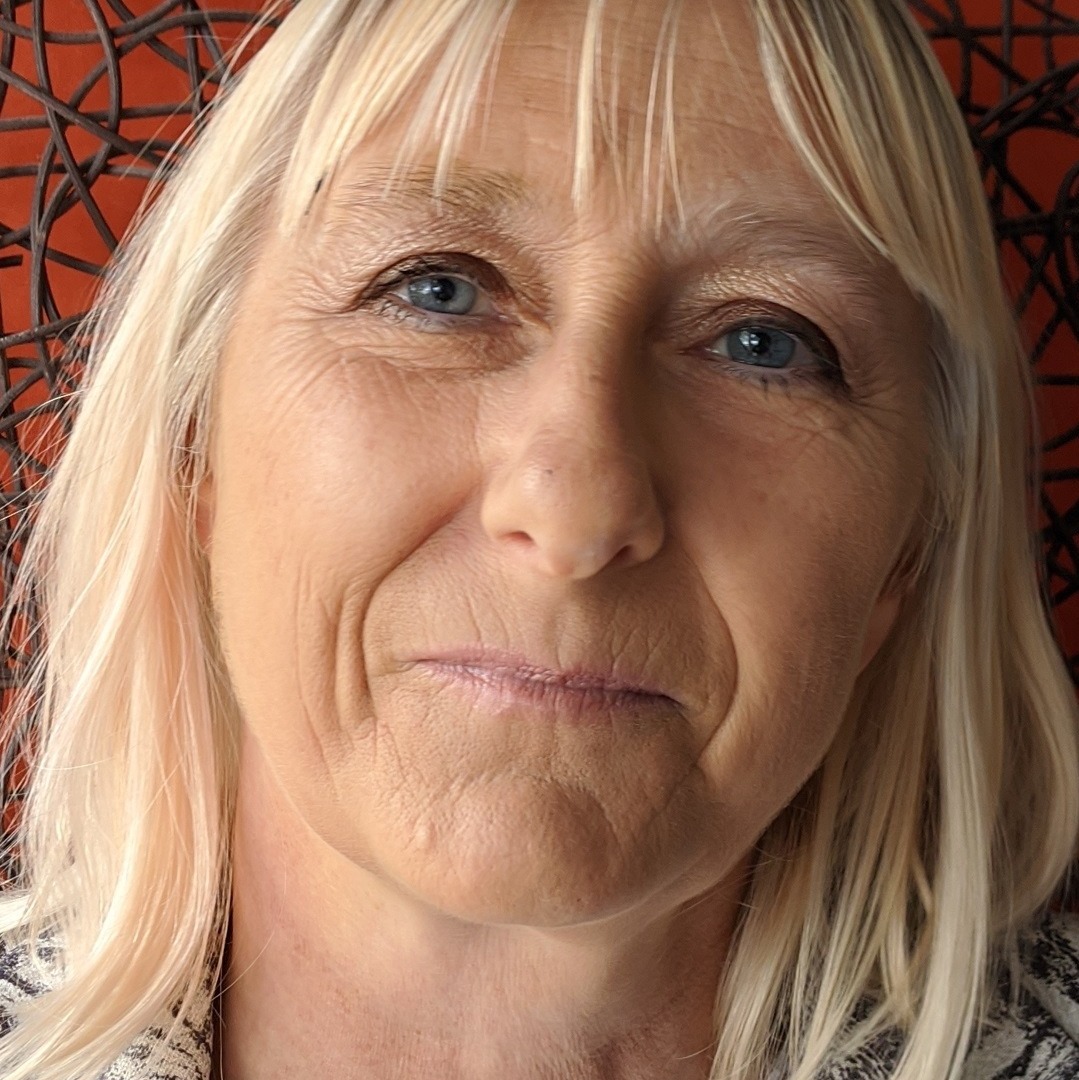On this Neurodiversity Celebration Week, our Trustee Lorraine Gillies shares her personal journey and how she is using the experience as a changemaker to give neurodivergent people a voice.

You joined the The Donaldson Trust Board as a Trustee in 2023. How did you become aware of the work of the Trust before this? And what motivated you to become a Trustee at TDT?
In 2020 when my daughter was extremely ill, a therapist asked if she might be autistic. At the time I thought no, she’s just like me, but we’ll come onto that later.
However, when things got progressively worse and we were at our wits end, I contacted the Donaldson Trust. Laura Watkins, the Chief Executive offered us a real lifeline; lots of advice and guidance while we were waiting for her to be assessed.
She also arranged for my daughter to come in for a trial at one of the services, and while it didn’t suit her specific needs, what was incredibly helpful was the person centred planning approach they took. Louise Storie, the Safeguarding and Practice Lead worked with us as a family to create a blueprint if you like of what her future could look like with the right support in place. It gave us hope.
A few years later, when Sean Duffy, the Chair of the Donaldson Trust Board, shared that they were looking for new trustees, I jumped at the chance. Sean and I had worked within the same professional network for many years, and I knew this would be a special opportunity. I had a personal stake.
What does Neurodiversity Celebration Week mean to you? Why is it important to celebrate neurodiversity?
This is my first Celebration Week as a formally diagnosed Neurodivergent person. I mentioned earlier my daughter was just like me. Well, I decided to get assessed in 2021 and two years later was diagnosed with Autism and ADHD in July 2023.
When I was young, I found it difficult to navigate situations and make friends. I always knew I was different, and people treated me differently. I suffered depression and anxiety. As I grew older, I would describe myself as a chameleon always pretending to be like everyone else to fit in. It has been exhausting.
So, this year, the mask is off, and I feel relief and that is worth celebrating.
Sometimes there remains an overwhelming sadness for the wee girl and younger woman who had so much pain and what could have been. How different things should have been. That is why this week is vital in raising awareness, and compelling organisations to act to better understand and support neurodiversity. Reasonable adjustments apply to everyone, at every level even at the top, up to Board level. Good education, understanding and action benefits everyone.
Look at what you get. Different minds, thinking, brain types, paces of work. We are not all the same and if you take the time to figure out the traits you can use them to your advantage.
I am the CEO of an organisation, and I am incredibly proud of my daughter who is now studying sociology and criminology. Being neurodivergent is not holding us back and we will celebrate our differences on my first Neurodiversity Celebration Week.
The theme of this year’s campaign celebrates the pioneers, the adventurers, the changemakers, the trailblazers and the dreamers amongst us. Which of these resonates with you?
That’s a tricky one but my colleagues and friends would have me as either an Adventurer, a Changemaker or a Trailblazer. And I’m quite happy with either of these.
You’ve been open about your own diagnosis later in life and some of the challenges you experienced. What advice do you have for individuals who may be facing similar challenges in their day-to-day lives?
Don’t be afraid of getting diagnosed. Knowing has made an enormous difference to me and I’m using that knowledge for good. It has strengthened my sense for social justice and to be a role model.
You do look back and realise how much you were putting up with before. And it did provoke quite a lot of tears so be prepared for the floodgates to open when the diagnosis comes.
It has become harder to mask since being diagnosed – half of me thinks that’s fine and other half thinks I should continue – it can still be a struggle. It is because there is still so much more to be done around education and action in embracing neurodiversity. Being able to talk to other people like me and being part of something special that is giving neurodivergent people a voice is incredible.
How do you hope to see the conversation around neurodiversity evolve in the future?
There has been much publicity about the high numbers of people being diagnosed and whether this is a good thing or not. We need to challenge this negativity. It is a good thing, and we need to keep challenging perceptions. This is not attention seeking. It is those needing attention finally being heard and hopefully getting the right support they need. How can this be wrong?
We need to be a little more compassionate. And of course, we all need to celebrate our differences.